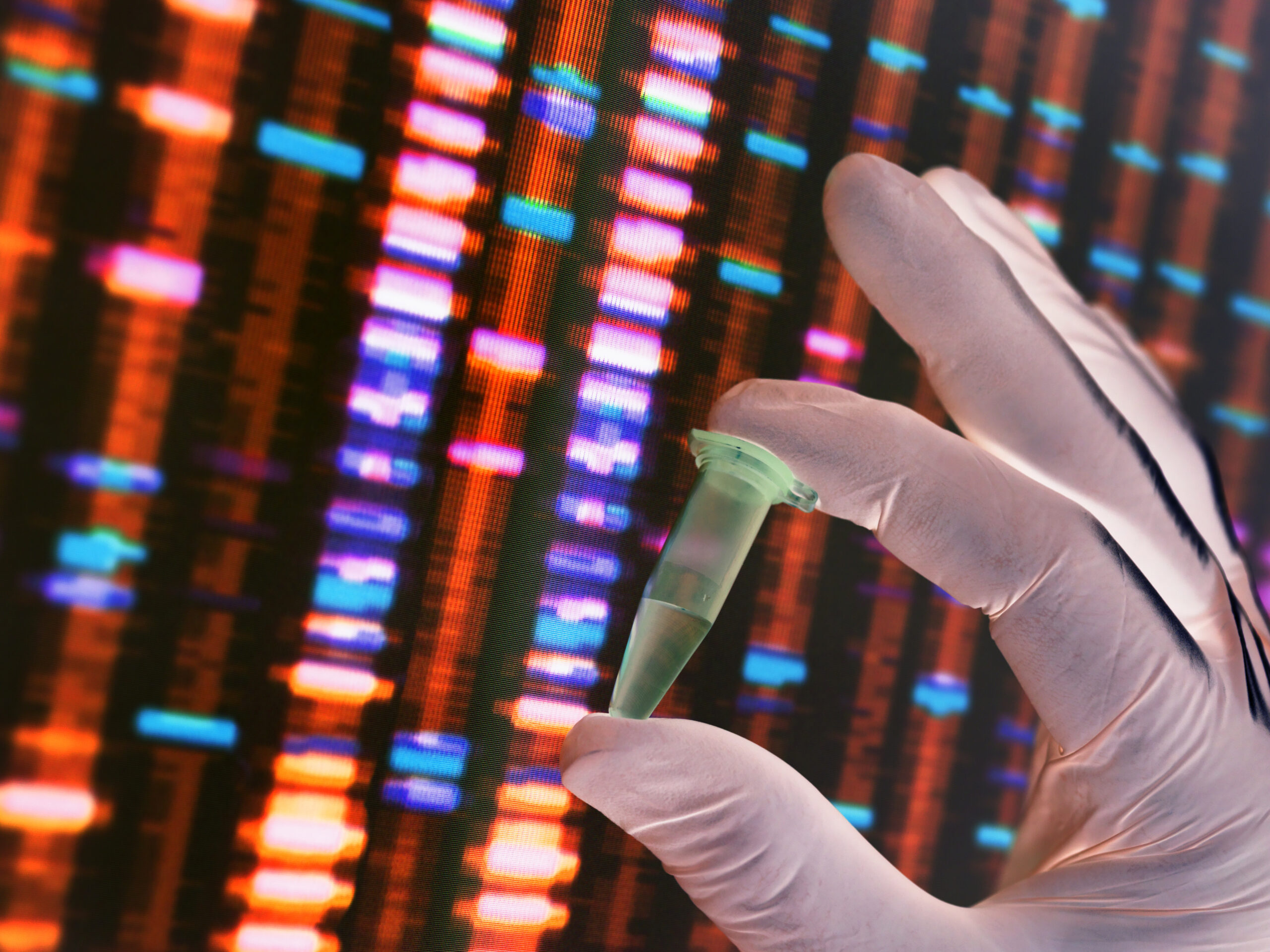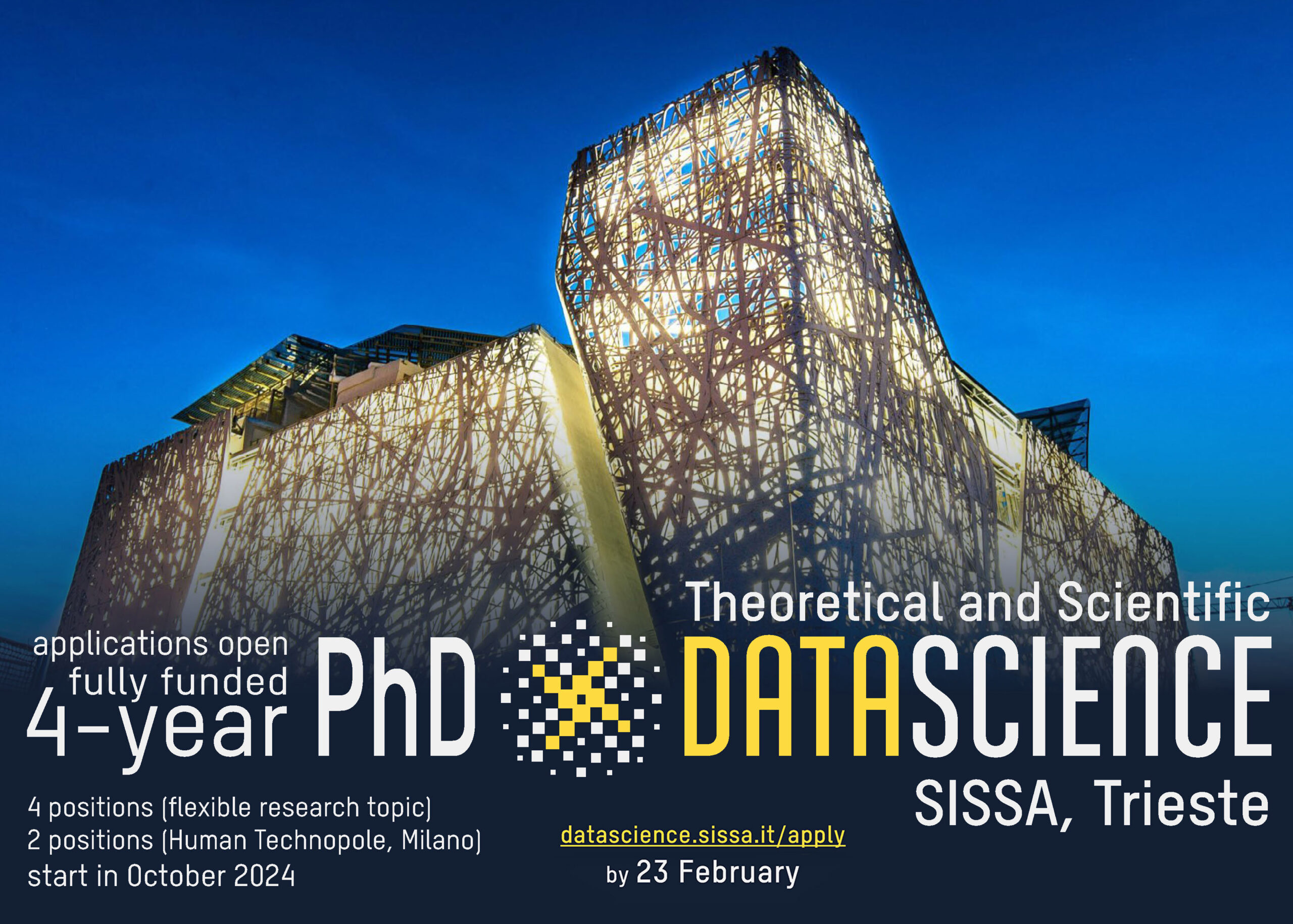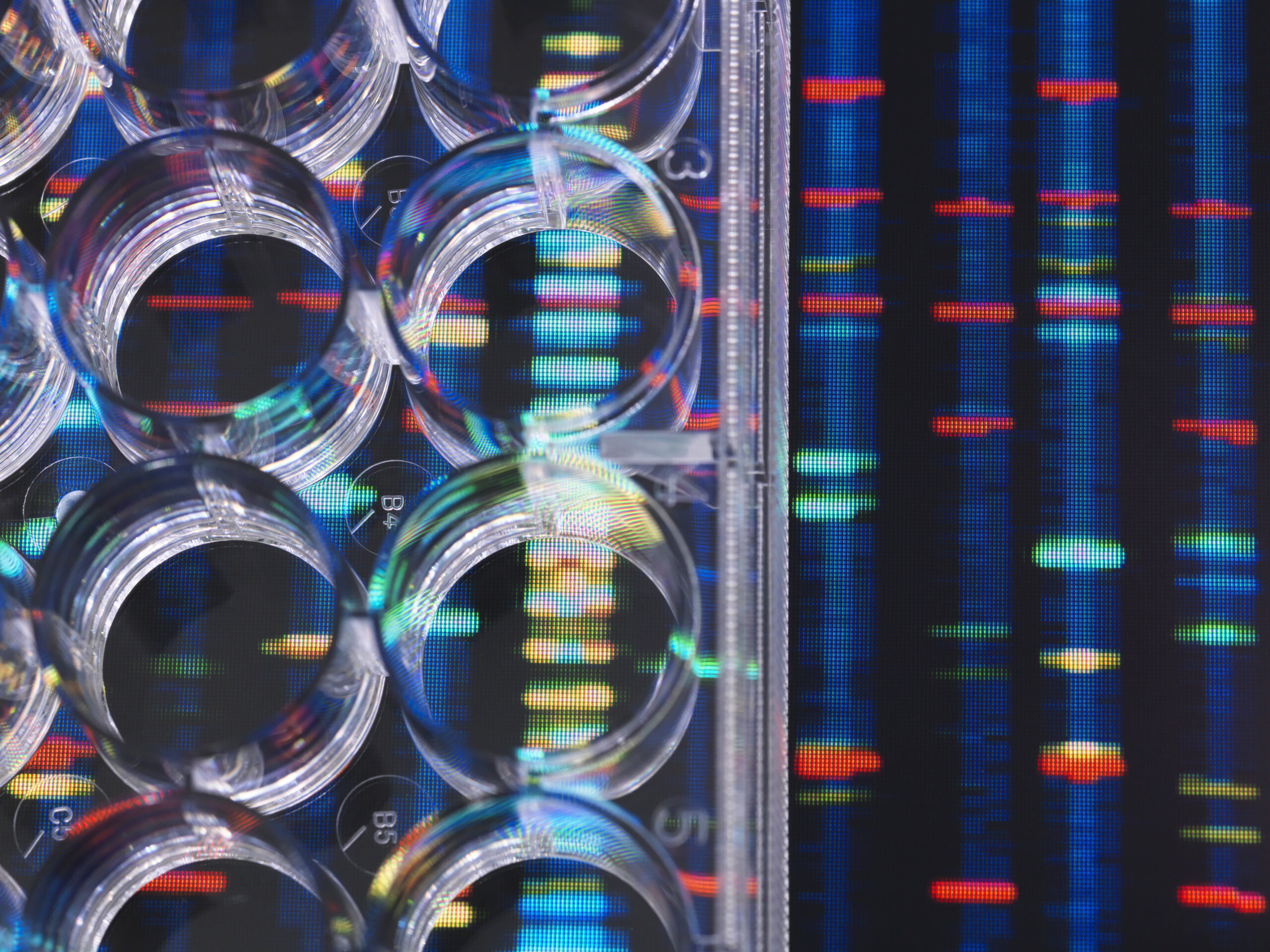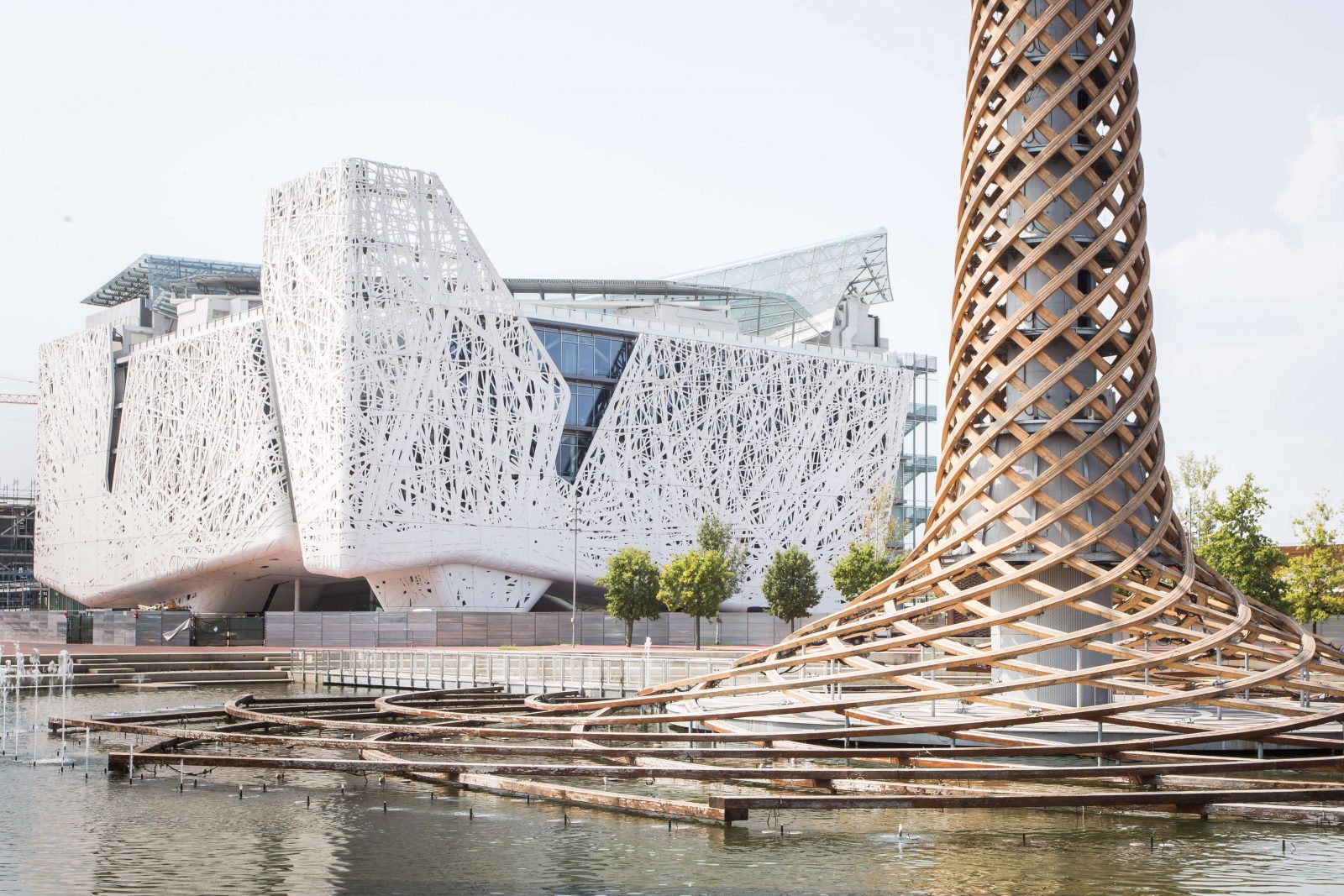SINEUP long non-coding RNAs: when structure meets function
Human Technopole and RIKEN researchers identify conserved short structural motifs within natural SINE-transcribed RNAs that enhance target mRNAs’ transcription, thus shedding new light on the SINEUPs’ function.
2 fully funded PhD scholarships at HT through SISSA
2 fully funded PhD scholarships through the SISSA Theoretical and Scientific Data Science PhD Programme.
Role of inherited genetic variants in rare blood cancer uncovered
Combining three different sources of genetic information has allowed researchers to further understand why only some people with a common mutation go on to develop rare blood cancer
Hundreds of new targets accelerate cancer drug discovery
The second generation of the Cancer Dependency Map uncovers 370 priority drug targets, with strong links to specific cancer types.
Members of the CIVP appointed
The Consiglio di Sorveglianza of the Human Technopole Foundation has appointed eight experts with proven professional qualifications to form the Standing Independent Evaluation Committee (CIVP).




